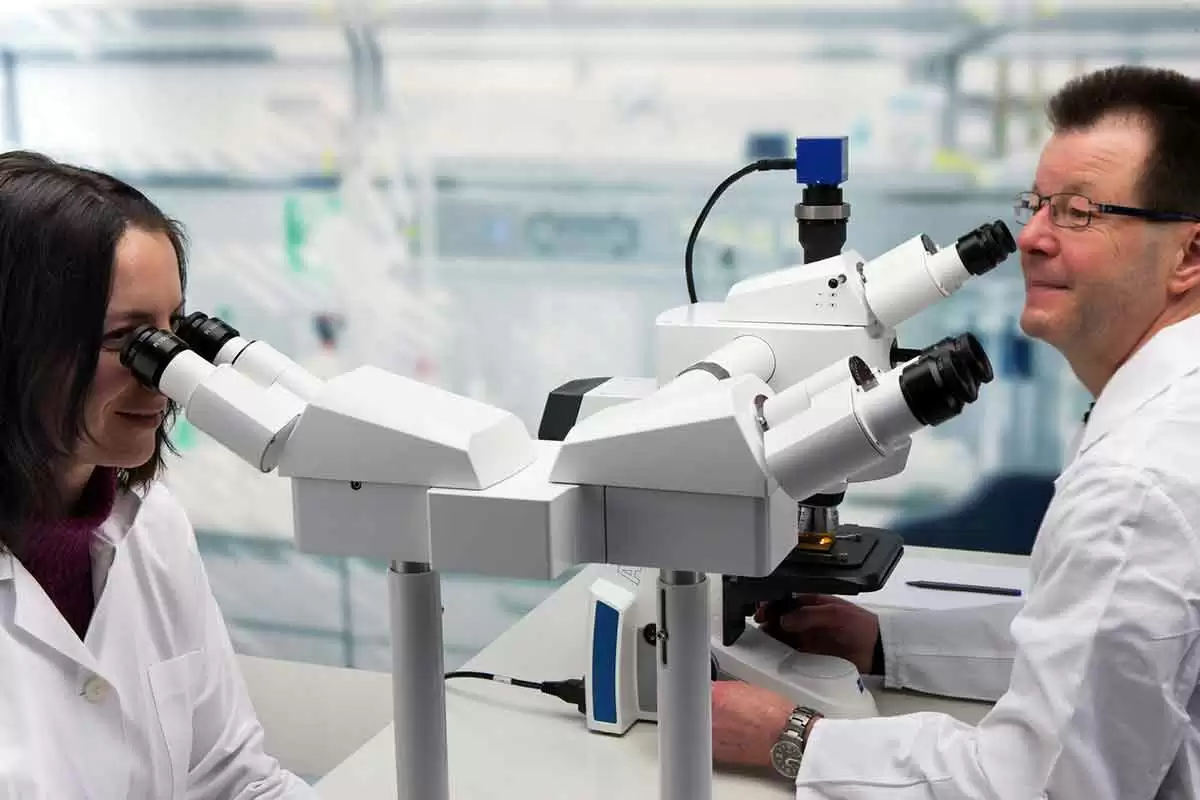
Celiac.com 11/14/2023 - A recent study explored the relationship between dietary patterns in early childhood and the risk of developing celiac disease and celiac disease autoimmunity in genetically susceptible children. Celiac disease is an autoimmune condition triggered by gluten consumption, and celiac disease autoimmunity is a precursor stage to celiac disease.
The researchers gathered data from over 6,700 participants at genetic risk of both type 1 diabetes and celiac disease. These children were part of an observational cohort called The Environmental Determinants of Diabetes in the Young (TEDDY) study. Starting from the age of 2, these children were screened annually for tissue transglutaminase autoantibodies (tTGAs), which are markers for celiac disease autoimmunity and celiac disease.
Celiac.com Sponsor (A12):
Dietary patterns were analyzed using a method called principal component analysis. This method considered the intake of 27 different food groups, assessed through 3-day food records when the children were between 9 and 24 months old.
The primary outcome of the study was celiac disease autoimmunity, defined as having persistently positive tTGA results in at least two consecutive samples. The secondary outcome was a diagnosis of full-blown celiac disease.
At 11 Years Old 20% Developed Celiac Disease Autoimmunity and Around 8% were Diagnosed with Celiac Disease
The results were noteworthy. By the time the children reached an average age of 11 years, around 20% had developed celiac disease autoimmunity, and roughly 8% had been diagnosed with celiac disease.
The study found that the dietary patterns had a significant impact on the outcomes. At 9 months of age, a dietary pattern rich in food groups like vegetable fats and milk was linked to a reduced risk of developing celiac disease autoimmunity. However, at 24 months, a different dietary pattern, characterized by higher consumption of wheat, vegetable fats, and juices, along with lower intake of milk, meat, and oats, was associated with an increased risk of celiac disease autoimmunity and celiac disease.
These findings suggest that what children eat during their early years can affect their likelihood of developing celiac disease autoimmunity and celiac disease. Importantly, these associations were observed to be independent of the amount of gluten consumed, indicating that dietary patterns themselves play a significant role in these conditions.
In summary, this research provides valuable insights into the relationship between childhood dietary patterns and the risk of celiac disease and its precursor, celiac disease autoimmunity. It underscores the importance of early nutrition in influencing the development of these autoimmune conditions, shedding light on the complex interplay between genetics and diet in celiac disease.
Read more in The American Journal of Clinical Nutrition
In addition to the TEDDY study group, the research team are variously affiliated with the Department of Clinical Sciences, Lund University, Malmö, Sweden; the Department of Pediatrics, Health Informatics Institute, Morsani Collage of Medicine, University of South Florida, Tampa, FL, United States; the Department of Epidemiology, Colorado School of Public Health, University of Colorado, Aurora, CO, United States; the Department of Public Health and Welfare, Finnish Institute for Health and Welfare, Helsinki, Finland; the Unit of Health Sciences, Faculty of Social Sciences, Tampere University, Tampere, Finland; the Tampere Center for Child, Adolescent and Maternal Health Research, Tampere University and Tampere University Hospital, Tampere, Finland; the Children’s Hospital Colorado, University of Colorado Denver, Aurora, CO, United States; the Faculty of Medicine and Health Technology, Tampere University, Tampere, Finland; The University Consortium of Seinäjoki, Seinäjoki, Finland; the Department of Paediatrics, Dr. von Hauner Children’s Hospital, University Hospital, LMU Munich, Munich, Germany; the Department of Paediatrics, Gastroenterology and Nutrition, School of Medicine Collegium Medicum University of Warmia and Mazury, Olsztyn, Poland; the Klinikum Rechts der Isar, Technische Universität München, München, Bayern, Germany; the Institute of Diabetes Research, Helmholtz Zentrum München, Germany; the Forschergruppe Diabetes e.V, Neuherberg, Germany; the Research Centre for Integrative Physiology and Pharmacology, Institute of Biomedicine, University of Turku, Turku, Finland; the Department of Paediatrics, Turku University Hospital, Turku, Finland; the Barbara Davis Center for Childhood Diabetes, University of Colorado, Aurora, CO, United States; and the National Institute of Diabetes and Digestive and Kidney Disease, National Institutes of Health, Bethesda, MD, United States.











Recommended Comments
There are no comments to display.
Create an account or sign in to comment
You need to be a member in order to leave a comment
Create an account
Sign up for a new account in our community. It's easy!
Register a new accountSign in
Already have an account? Sign in here.
Sign In Now